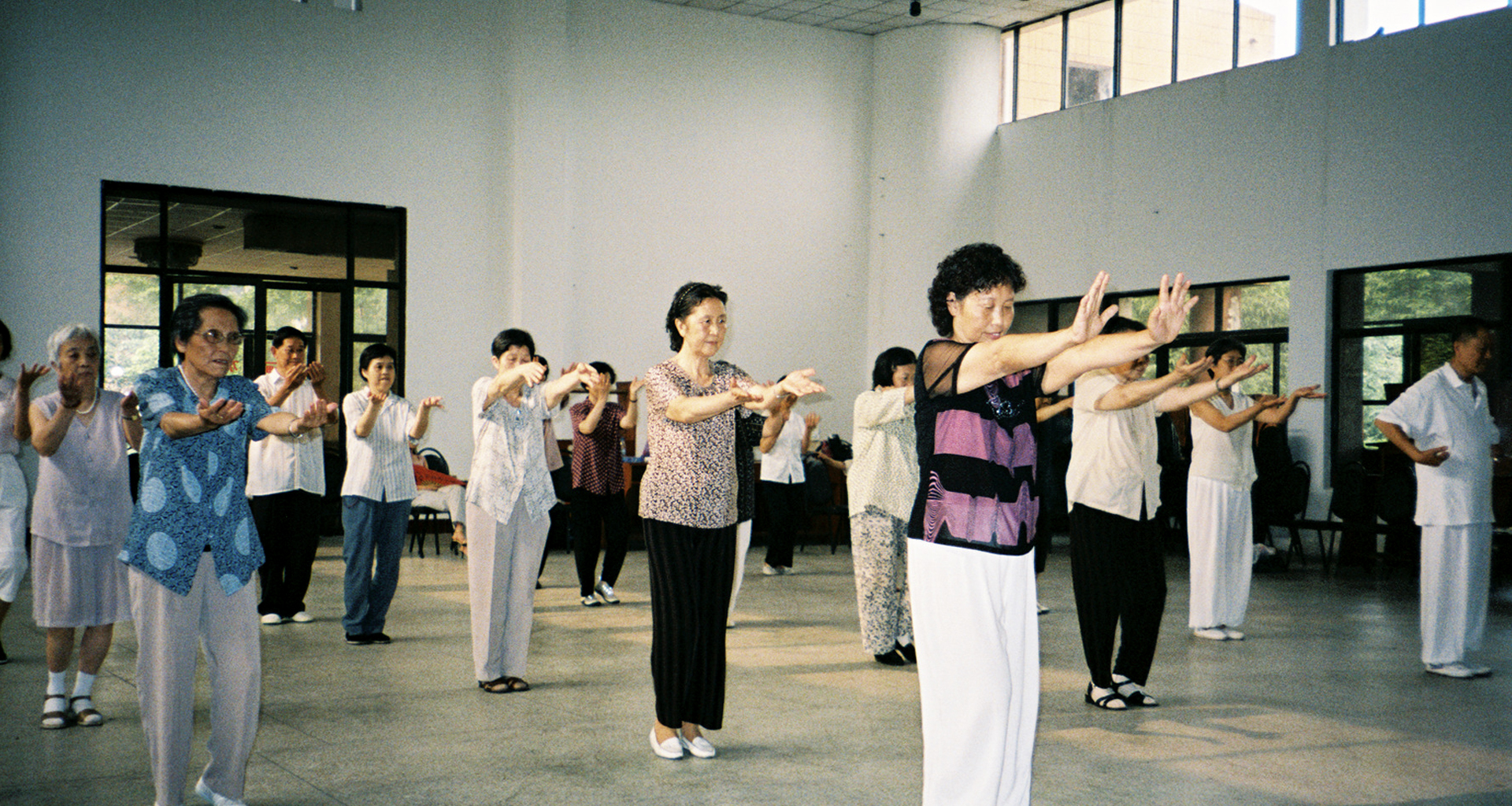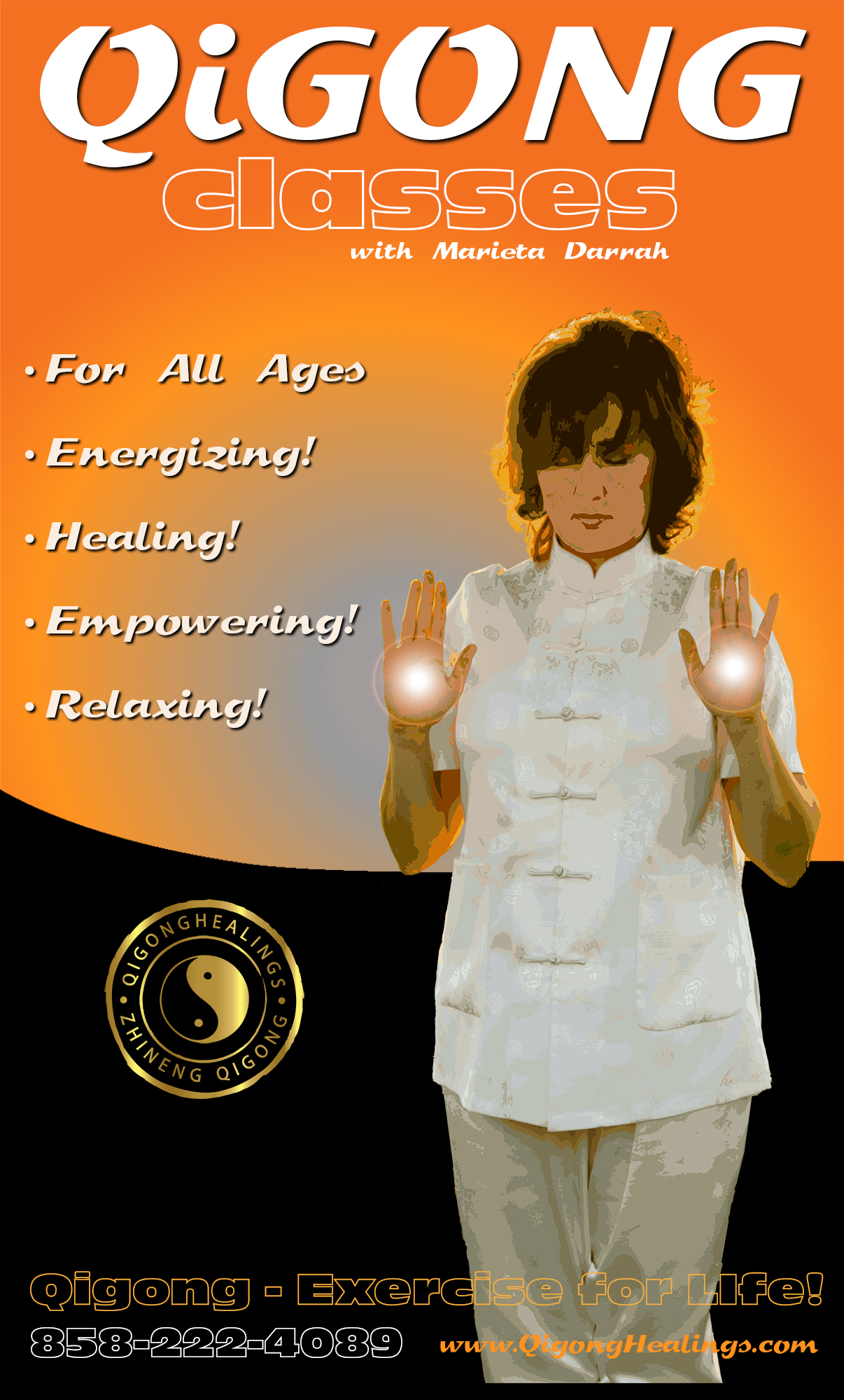Can Qigong help with Depression?
Qigong has shown potential benefits in alleviating symptoms of depression. Various studies and reviews have explored its effectiveness, with mixed but generally positive findings.
• Meta-Analysis (2019): A meta-analysis reviewed the effectiveness of Qigong-based therapy for major depressive disorder (MDD). The pooled results indicated significant benefits in reducing depression severity compared to both active and passive control groups. Specifically, Qigong showed improved treatment response rates and remission rates. The study suggested that Qigong could be a beneficial complementary therapy for MDD, though it called for more well-designed trials to confirm these findings.
• Goodpath Review: Various studies have found Qigong effective in lessening both anxiety and depression. It has been compared favorably to other non-medication treatments like physical activity. Some studies specifically noted its benefits for individuals with depression co-occurring with other medical conditions, such as diabetes or cancer.
• Evolve Treatment Centers: Qigong has been shown to reduce symptoms of depression and anxiety in randomized controlled trials. It is considered an evidence-based complementary therapy that can significantly impact mental health by reducing stress, improving mood, and enhancing self-esteem.




